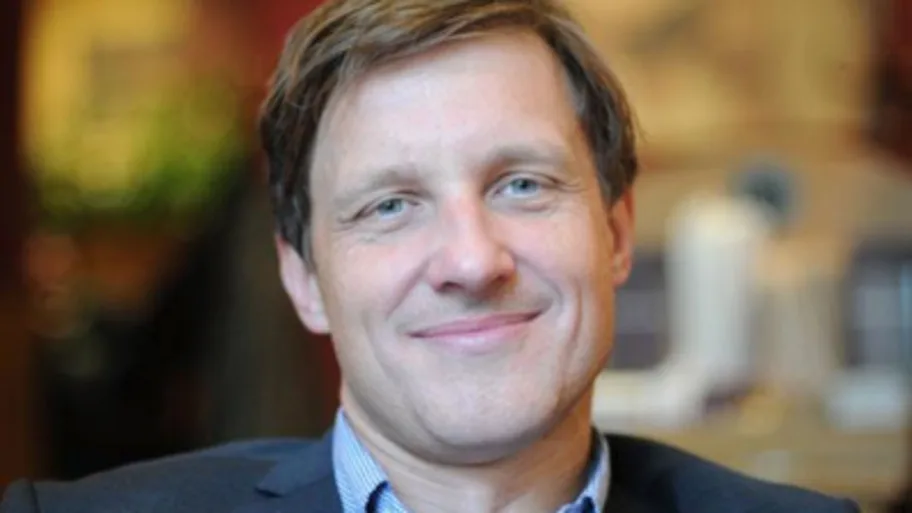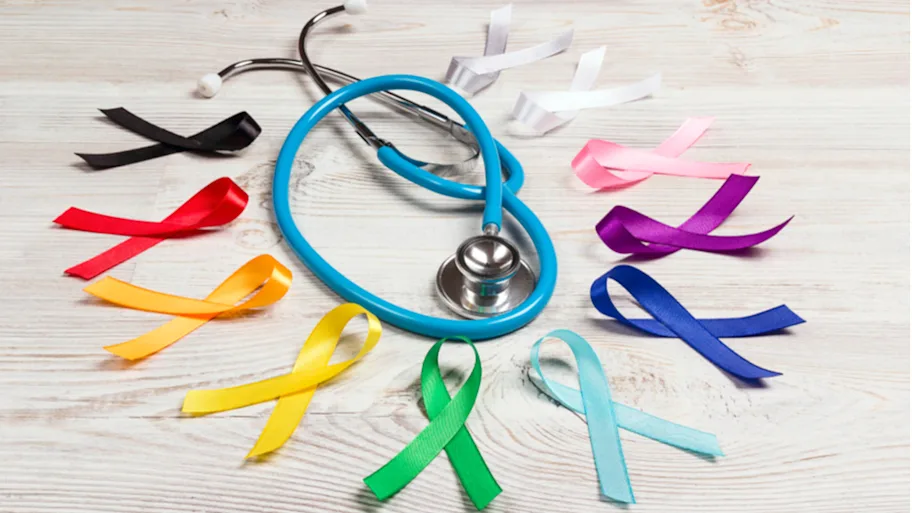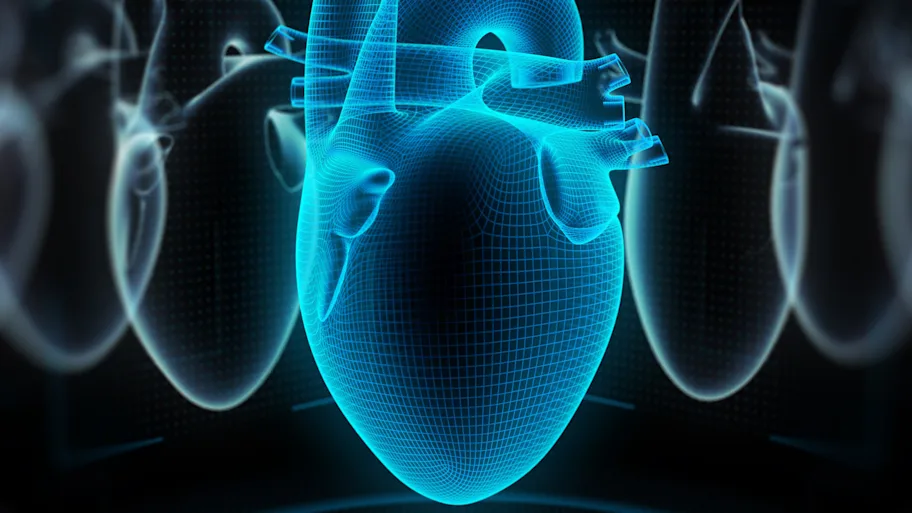
- Science News
- Frontiers news
- Prevent cardiovascular disease in cancer patients and survivors
Prevent cardiovascular disease in cancer patients and survivors

While survival rates of cancer have improved dramatically, cardiovascular toxicities are among the most important side effects of cancer treatments. Optimizing screening, treatment and prevention of these toxicities can improve the overall long-term outcome of cancer patients. Managing and preventing cardiovascular disease in cancer patients/survivors is a cornerstone of cardio-oncology. It also allows cardiovascular side effects of cancer therapies to help us better understand the biology of the cardiovascular system.
Under the leadership of Specialty Chief Editors Joerg Herrmann and Jun-ichi Abe, a new specialty on Cardio-oncology will provide a platform for research on how to manage and prevent cardiovascular disease in cancer patients or survivors.
Commitment and destiny

Joerg Herrmann
Dr Herrmann‘s interest in cardiology and oncology stemmed from his early days as a career researcher when he was working on his medical thesis. His commitment to the field led him to edit one of the very first textbooks on Cardio-Oncology.
“Seeing patients in the clinic confronted with cardiovascular diseases and cancer, provided the stimulus and passion to serve their needs, not only from a science perspective but also (and ultimately) from a clinical perspective.”

Jun-ichi Abe
Dr Abe‘s story as a cardiologist started with his father who began his career as an endocrinologist and later changed course to become an oncologist after studying multiple endocrine neoplasia (MEN) syndrome.
Dr Abe’s own path has taken similar turns in which he began as a cardiologist and now devotes much of his time to understanding the interactions of cancer with cardiovascular disease.
He began to examine the signal transduction pathways behind cancer therapy-related cardiovascular disease and says “I thought this is my destiny”.
Build the evidence base to fight cardiovascular complications after cancer treatment
Even though early generation cardio-oncology studies tended to focus on heart failure associated with cancer drugs, recent studies have revealed that cardiotoxicity is wide open to a variety of cardiac complications including vascular disease, accelerated hypertension and arrhythmias. Based on his article on the future of cardio-oncology, Dr. Abe noted “Although it is critical to investigate and identify the cardiovascular side effects of emerging cancer therapies, the key issue of onco-cardiology is to give patients the maximum and uninterrupted treatment for cancer while protecting them from cancer therapy-mediated cardiovascular complications. It is crucial to not only understand the process of cardiovascular diseases, but also the mechanisms of how each cancer treatment can control cancer growth and metastasis. By deeply understanding the process as well as the clinical and epidemiological aspects of cardiovascular complications of existing cancer therapy, we can establish strong evidence-based strategies and approaches to mitigate both short- and long-term cardiovascular complications after cancer treatment.”
Cardio-oncology: where various disciplines come together
Dr. Herrmann envisions the field to take a more formal shape in the years to come: “At present we have a spectrum of various opinions in the vacuum of guiding data. We desperately need to build the evidence base that can direct clinical practice and education. With these developments, we will see greater organization of the field with societies and sub-bodies of the larger societal organizations. These will also very likely help direct practice guidelines and an educational curriculum: important elements towards a core standard.” On the interdisciplinary approach to patients suffering from cardiovascular side effects of cancer, Dr Herrmann also believes solutions “need not only cardiologists and oncologists/hematologists, and not only clinicians but also clinical investigators and basic scientists to collaborate to bring discoveries from the bench to the bedside, and vice versa. In this interaction lies tremendous potential to advance both the science and the clinical care for patients.
Help us achieve the mission of the section by submitting your manuscript, joining our Editorial Board, or proposing a thematic article collection. For more information, contact the Editorial Office at cardiovascularmedicine@frontiersin.org.
Related Research Topic: Cardio-Oncology: From Bench to Bedside
Follow Frontiers in Cardiovascular Medicine on Twitter and register for article alerts to receive the latest research.
Frontiers journals lead in citations and rank in top Impact Factor and CiteScore percentiles. See full analysis






